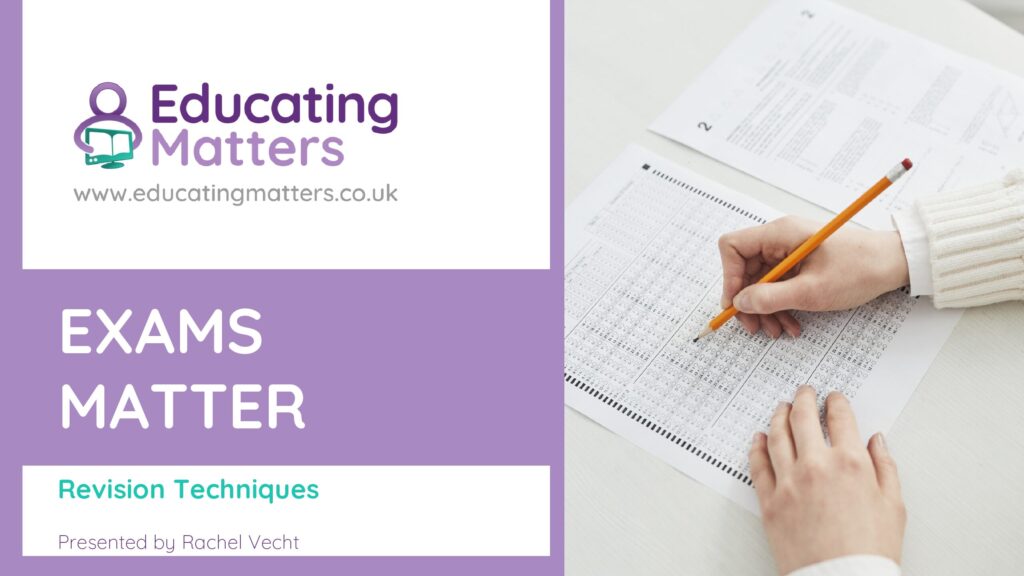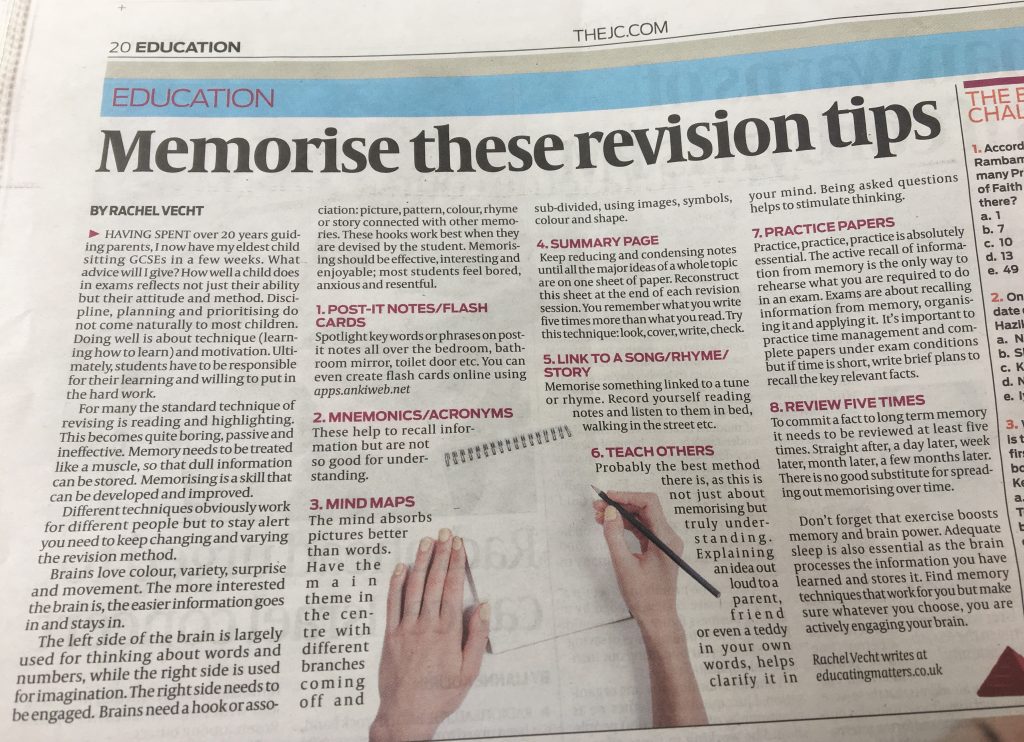window._wpemojiSettings = {"baseUrl":"https:\/\/s.w.org\/images\/core\/emoji\/15.0.3\/72x72\/","ext":".png","svgUrl":"https:\/\/s.w.org\/images\/core\/emoji\/15.0.3\/svg\/","svgExt":".svg","source":{"concatemoji":"https:\/\/www.educatingmatters.co.uk\/wp-includes\/js\/wp-emoji-release.min.js"}};
/*! This file is auto-generated */
!function(i,n){var o,s,e;function c(e){try{var t={supportTests:e,timestamp:(new Date).valueOf()};sessionStorage.setItem(o,JSON.stringify(t))}catch(e){}}function p(e,t,n){e.clearRect(0,0,e.canvas.width,e.canvas.height),e.fillText(t,0,0);var t=new Uint32Array(e.getImageData(0,0,e.canvas.width,e.canvas.height).data),r=(e.clearRect(0,0,e.canvas.width,e.canvas.height),e.fillText(n,0,0),new Uint32Array(e.getImageData(0,0,e.canvas.width,e.canvas.height).data));return t.every(function(e,t){return e===r[t]})}function u(e,t,n){switch(t){case"flag":return n(e,"\ud83c\udff3\ufe0f\u200d\u26a7\ufe0f","\ud83c\udff3\ufe0f\u200b\u26a7\ufe0f")?!1:!n(e,"\ud83c\uddfa\ud83c\uddf3","\ud83c\uddfa\u200b\ud83c\uddf3")&&!n(e,"\ud83c\udff4\udb40\udc67\udb40\udc62\udb40\udc65\udb40\udc6e\udb40\udc67\udb40\udc7f","\ud83c\udff4\u200b\udb40\udc67\u200b\udb40\udc62\u200b\udb40\udc65\u200b\udb40\udc6e\u200b\udb40\udc67\u200b\udb40\udc7f");case"emoji":return!n(e,"\ud83d\udc26\u200d\u2b1b","\ud83d\udc26\u200b\u2b1b")}return!1}function f(e,t,n){var r="undefined"!=typeof WorkerGlobalScope&&self instanceof WorkerGlobalScope?new OffscreenCanvas(300,150):i.createElement("canvas"),a=r.getContext("2d",{willReadFrequently:!0}),o=(a.textBaseline="top",a.font="600 32px Arial",{});return e.forEach(function(e){o[e]=t(a,e,n)}),o}function t(e){var t=i.createElement("script");t.src=e,t.defer=!0,i.head.appendChild(t)}"undefined"!=typeof Promise&&(o="wpEmojiSettingsSupports",s=["flag","emoji"],n.supports={everything:!0,everythingExceptFlag:!0},e=new Promise(function(e){i.addEventListener("DOMContentLoaded",e,{once:!0})}),new Promise(function(t){var n=function(){try{var e=JSON.parse(sessionStorage.getItem(o));if("object"==typeof e&&"number"==typeof e.timestamp&&(new Date).valueOf()<e.timestamp+604800&&"object"==typeof e.supportTests)return e.supportTests}catch(e){}return null}();if(!n){if("undefined"!=typeof Worker&&"undefined"!=typeof OffscreenCanvas&&"undefined"!=typeof URL&&URL.createObjectURL&&"undefined"!=typeof Blob)try{var e="postMessage("+f.toString()+"("+[JSON.stringify(s),u.toString(),p.toString()].join(",")+"));",r=new Blob([e],{type:"text/javascript"}),a=new Worker(URL.createObjectURL(r),{name:"wpTestEmojiSupports"});return void(a.onmessage=function(e){c(n=e.data),a.terminate(),t(n)})}catch(e){}c(n=f(s,u,p))}t(n)}).then(function(e){for(var t in e)n.supports[t]=e[t],n.supports.everything=n.supports.everything&&n.supports[t],"flag"!==t&&(n.supports.everythingExceptFlag=n.supports.everythingExceptFlag&&n.supports[t]);n.supports.everythingExceptFlag=n.supports.everythingExceptFlag&&!n.supports.flag,n.DOMReady=!1,n.readyCallback=function(){n.DOMReady=!0}}).then(function(){return e}).then(function(){var e;n.supports.everything||(n.readyCallback(),(e=n.source||{}).concatemoji?t(e.concatemoji):e.wpemoji&&e.twemoji&&(t(e.twemoji),t(e.wpemoji)))}))}((window,document),window._wpemojiSettings);
var breeze_prefetch = {"local_url":"https:\/\/www.educatingmatters.co.uk","ignore_remote_prefetch":"1","ignore_list":["\/wp-admin\/"]};
https://www.educatingmatters.co.uk/wp-content/plugins/breeze/assets/js/js-front-end/breeze-prefetch-links.min.js
https://www.educatingmatters.co.uk/wp-content/plugins/document-emberdder/dist/public.js
https://www.educatingmatters.co.uk/wp-includes/js/jquery/jquery.min.js
https://www.educatingmatters.co.uk/wp-includes/js/jquery/jquery-migrate.min.js
var whp_local_data = {"add_url":"https:\/\/www.educatingmatters.co.uk\/wp-admin\/post-new.php?post_type=event","ajaxurl":"https:\/\/www.educatingmatters.co.uk\/wp-admin\/admin-ajax.php"};
https://www.educatingmatters.co.uk/wp-content/plugins/wp-security-hardening/modules/js/front.js
var _hsq = _hsq || [];
_hsq.push(["setContentType", "listing-page"]);
var root = document.getElementsByTagName( "html" )[0]; root.setAttribute( "class", "js" );
Skip to main content  ExamsHomework
ExamsHomeworkDo you have children with Summer exams on the horizon? ✍???? Whether it's end of…
 Exams
ExamsLBC invited me to share my views on this. Listen in and let me know…
 ExamsPress
ExamsPressLink to original article here I am seriously not enjoying myself. I’ve had sleepless nights…
 Exams
ExamsI have read lots of books about study skills, revision and exam technique. All this…
 Exams
ExamsDear Rachel, I am really dreading my upcoming GCSE exams and all the stress that…
 ExamsParents
ExamsParentsAs a parent, of course you can't revise for your child or sit the exam…
 Exams
ExamsExams looming and you're intimidated by the task ahead? Read official article published in the…
 Exams
ExamsManaging stress around exam time It is perfectly normal for students to feel a bit…
 Exams
ExamsIt is not necessarily the hardest working or the brightest child/teen who will achieve the…
(function(window, document) {if(navigator.userAgent.match(/(Android|iPod|iPhone|iPad|BlackBerry|IEMobile|Opera Mini)/)) {
document.body.className += " using-mobile-browser mobile ";
}
if(navigator.userAgent.match(/Mac/) && navigator.maxTouchPoints && navigator.maxTouchPoints > 2) {
document.body.className += " using-ios-device ";
}if( !("ontouchstart" in window) ) {var body = document.querySelector("body");
var winW = window.innerWidth;
var bodyW = body.clientWidth;if (winW > bodyW + 4) {
body.setAttribute("style", "--scroll-bar-w: " + (winW - bodyW - 4) + "px");
} else {
body.setAttribute("style", "--scroll-bar-w: 0px");
}
}})(window, document);
(function() {
var dropdown = document.getElementById( "cat" );
function onCatChange() {
if ( dropdown.options[ dropdown.selectedIndex ].value > 0 ) {
dropdown.parentNode.submit();
}
}
dropdown.onchange = onCatChange;
})();
https://www.educatingmatters.co.uk/wp-content/plugins/contact-form-7/includes/swv/js/index.js
var wpcf7 = {"api":{"root":"https:\/\/www.educatingmatters.co.uk\/wp-json\/","namespace":"contact-form-7\/v1"},"cached":"1"};
https://www.educatingmatters.co.uk/wp-content/plugins/contact-form-7/includes/js/index.js
https://www.educatingmatters.co.uk/wp-content/themes/salient/js/build/third-party/jquery.easing.min.js
https://www.educatingmatters.co.uk/wp-content/themes/salient/js/build/third-party/jquery.mousewheel.min.js
https://www.educatingmatters.co.uk/wp-content/themes/salient/js/build/priority.js
https://www.educatingmatters.co.uk/wp-content/themes/salient/js/build/third-party/transit.min.js
https://www.educatingmatters.co.uk/wp-content/themes/salient/js/build/third-party/waypoints.js
https://www.educatingmatters.co.uk/wp-content/themes/salient/js/build/third-party/imagesLoaded.min.js
https://www.educatingmatters.co.uk/wp-content/themes/salient/js/build/third-party/hoverintent.min.js
https://www.educatingmatters.co.uk/wp-content/themes/salient/js/build/third-party/jquery.fancybox.js
https://www.educatingmatters.co.uk/wp-content/themes/salient/js/build/third-party/anime.min.js
https://www.educatingmatters.co.uk/wp-content/themes/salient/js/build/third-party/isotope.min.js
https://www.educatingmatters.co.uk/wp-content/themes/salient/js/build/elements/nectar-blog.js
https://www.educatingmatters.co.uk/wp-content/plugins/js_composer_salient/assets/lib/flexslider/jquery.flexslider.min.js
https://www.educatingmatters.co.uk/wp-content/themes/salient/js/build/third-party/superfish.js
var nectarLove = {"ajaxurl":"https:\/\/www.educatingmatters.co.uk\/wp-admin\/admin-ajax.php","postID":"3809","rooturl":"https:\/\/www.educatingmatters.co.uk","disqusComments":"false","loveNonce":"073b5352ec","mapApiKey":""};
var nectarOptions = {"delay_js":"false","quick_search":"false","react_compat":"disabled","header_entrance":"false","simplify_ocm_mobile":"0","mobile_header_format":"default","ocm_btn_position":"default","left_header_dropdown_func":"default","ajax_add_to_cart":"0","ocm_remove_ext_menu_items":"remove_images","woo_product_filter_toggle":"0","woo_sidebar_toggles":"true","woo_sticky_sidebar":"0","woo_minimal_product_hover":"default","woo_minimal_product_effect":"default","woo_related_upsell_carousel":"false","woo_product_variable_select":"default","woo_using_cart_addons":"false"};
var nectar_front_i18n = {"menu":"Menu","next":"Next","previous":"Previous","close":"Close"};
https://www.educatingmatters.co.uk/wp-content/themes/salient/js/build/init.js
https://www.educatingmatters.co.uk/wp-content/plugins/salient-core/js/third-party/touchswipe.min.js
var gforms_recaptcha_recaptcha_strings = {"site_key":"6Ldw964pAAAAAIxRtPsJU96NWVmu62rgDGmjiA4x","ajaxurl":"https:\/\/www.educatingmatters.co.uk\/wp-admin\/admin-ajax.php","nonce":"8c87ee69e6"};






